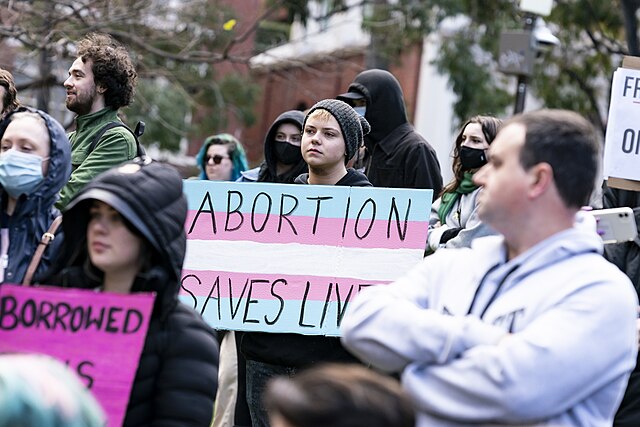After weeks of campaigning and three days of online voting, the UMBC community has elected its new Student Government officers. Over the election period, a total of 1,235 students cast their ballots online, ranking their preferred presidential tickets in the new rolling system. Junior Joshua Massey and Markya Reed won the race for president and vice president, respectively.
For the executive candidates, in two rounds, the results were calculated by students’ rankings of their preferred candidates. After the first round, the ticket with the least votes was dropped, and their votes redistributed according to the voters’ rankings of the other tickets.
For the race of president, the first round of the election was taken by Joshua Massey and Markya Reed, with a total of 455 votes, or about 43.6 percent of the total votes. Collin Sullivan and Chiamaka Ugboh came in second, with a total of 314 (30.1 percent) votes. The Richard Elliott and Maheen Haq ticket, with 275 (26.3 percent) votes, was subsequently dropped in the second round.
In the final round, Massey and Reed won the election with just over 60 percent of the total vote (a total of 594 votes) after redistribution. Sullivan and Ugboh finished the race with a little under 40 percent of the vote, a total of 394 individual votes.
Before the election was finalized, issues surfaced regarding actions and statements by all three presidential tickets running. Ranging from Election Board rule violations to misinformation, each presidential ticket had issues of its own. A little before the election was due to begin, students had plenty of questions regarding Sullivan’s comments on the SGA operating budget for the coming fiscal year.
After the SGA Election debate, there was confusion over a statement made by Sullivan supporting a proposed SGA budget for the next fiscal year. The budget for the current fiscal year (FY17) was of just over a million dollars, with about $250,000 allocated for student organizations. FY18, the budget for the coming year, was only recently proposed. Due to a decline in enrollment, that budget for the coming year will decrease. That proposed budget initially cut the student organization pot to $239,000, an $11,000 decrease. It also raised the member stipends pot from $44,000 to about $47,000.
Sullivan later said he forgot to say he supported the proposed budget for the coming year, in a video posted through his ticket’s Facebook page to address the concerns that he had misled the student body.
Additionally, there were concerns over Massey and Reed’s use of the university email directory and “some programming code,” according to the Election Board, in order to reach out to voters during the election. An Election Board rule prohibits the use of listprocs, or automated information distribution systems, during campaigns. However, since the Massey/Reed ticket did not use a listproc, no rule was broken, according to the Election Board.
Massey and Reed were in an active campaigning ban at the time, due to a previous violation. The ban prohibited them from “interacting with potential voters with the intent of discussing the election or distributing promotional material.” However, the Election Board clarified that social media and email outreach were not included in the banned activities.
The email issue was a point of contention with other candidates:
“I believe that the mass email scandal was handled poorly. For the Josh/Markya ticket to email the entire undergraduate student body was absurd. It didn’t technically break the rules, but unsolicited emails at a mass scale is bothersome,” said Richard Elliott.
The Sullivan and Ugboh ticket had no comment regarding the use of mass emails.
There was also a mistake made when Senate candidate Irene Azurmendi’s name was left off the ballot on the first day of voting, causing the Election Board to take action. Election Board Chair Sophia Lopresti explained, “In accordance with past precedent in these situations, the Election Board approved a plan of adding Irene to the ballot for days two and three of voting, measuring the percentage of her votes as compared to the overall Senate vote tally during days two and three and then using that percentage to project how many votes she would have received on day one, which we then added to her total. The idea was to achieve the same outcome as if she had been listed on the ballot from the start. We believe our approach was the best, fairest way to do that.”
Azurmendi finished in last with 110 votes and subsequently did not earn a spot on next year’s Senate.
The new SGA officers will be inaugurated on May 15; their terms will begin that same day.

